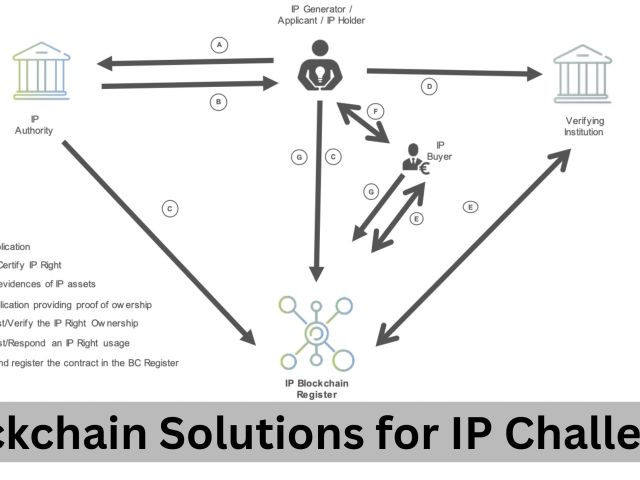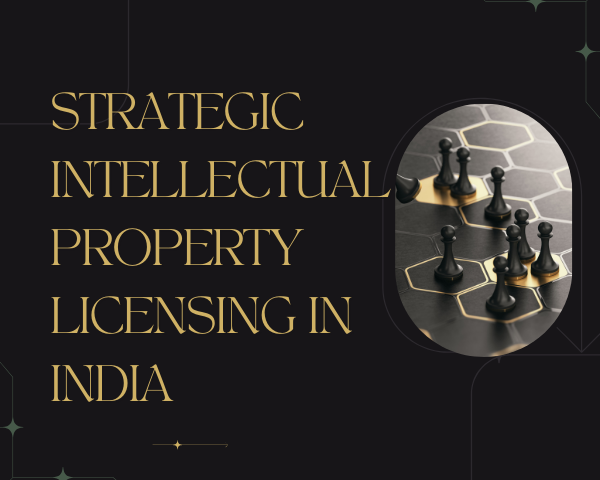When we come up with the words “Think different” or “Think outside the box,” the idea that comes to mind is the finest in terms of technology from Apple Computers, or let’s say, “Because I’m worth it” ladies will never say that it is L’ Oreal. Even though it is not impossible, obtaining trademark protection for slogans or phrases will prove challenging. While some slogans or phrases have been famous, most possibly do not satisfy the trademark registration requirements.
Slogans are memorable mottos, phrases, or taglines used in advertising and promoting a brand. Generally used alongside the leading brand identifier, e.g., the company name, they can help companies build brand identity. Yet, they are rarely considered distinctive enough to be registered as a trademark. Registration is possible, however, as Nike’s ‘JUST DO IT and McDonald’s ‘I’M LOVIN’ IT’ trademarks show.
Why register a Slogan or Phrase as a trademark:
The correct slogan will make the company more attractive. Companies rightly want to preserve their reputation, as well as marketing activities and money involved. Nonetheless, the standard trademark registration requirements do need to be complied with to obtain trademark rights for a slogan, as it requires:
> The same or similar slogan must not already have been registered for the same or related category of services in the class or jurisdiction, i.e., be eligible for registration in the class selected;
> Don’t be too descriptive: if the trademark is overly descriptive of or is also particular for the products or services, the office of the trademark is likely to object to the mark;
> Be ‘distinct’: the relevant register would cover the more distinct the expression, the more likely the trademark.
> Campaigns for publicity: Most businesses use their schedules in ATL and BTL marketing promotions. If companies are interested in using the slogans on the ads, exclusive rights will be given.
> Brand Building: A distinctive logo will enhance the company name. This can make the brand more appealing and help people connect with the brand. It is best to ensure it is protected if it is a valuable asset.
Procedure for application:
Any producer who intends to register its logo (i.e., trademark) may apply in writing, by Section 18 of the Trademark Act, to the Registrar. The fee payable can also be determined depending on the number of classes in which registration is sought. A single application may register multiple classes of products or services. When the registration process is completed, the Registrar is obligated to register a trademark.
A trademark that is registered can be renewed every ten years, and this is to reduce the workload of trademark offices. Also, a trademark not used for more than three years is liable to be removed. This period is calculated from the on which the trademark was entered.
When you trademark a slogan, you have the exclusive right to use it to make money. You can defend your slogan from infringement, and you can also sue infringers for damages.
As trademarked slogans, other companies file advertising campaigns. To register a slogan, one of the following requirements must be fulfilled:
– It’s inherently creative and distinctive. For instance, “Just do it” – Nike.
– It has a particular meaning to which a good or service is automatically referred, and this secondary meaning supersedes actual importance. That is the most popular kind of slogan used for at least five consecutive years of industry or advertisement. “Where’s the Beef?” Think of Wendy’s. Not every slogan can be trademarked.
Most applications for the following types of trademarks won’t be approved:
– Common phrases that do not have another meaning. Example: a supermarket’s “Why Pay More?”
– Informational or entertaining phrases not intended for profit. Example: an environmental group’s “Think Green!”
In addition to a slogan, a trademark can also apply to a:
* Business name
* Phrase
* Symbol
* Logo
* Combination of several elements
In every case, the trademarked intellectual property must be unique and distinctive.
Criteria for obtaining a trademark registration for slogans or phrases:
· Plain Descriptive Slogans
Unambiguous and concise slogans cannot be registered as a trademark. For instance, WE SERVE GOOD FOOD cannot be marked as a restaurant slogan because they describe the purpose of the business in plain language. New or coined terms like THE BEST WAY TO PREDICT THE FUTURE IS TO CREATE IT, however, are recognized as unique because this is not just a definition of the company and does not represent it as a term widely used in the industry.
· Value Statements
Many companies have statements of value or vision, such as MAKING CUSTOMERS HAPPY. A company’s value, vision, or mission statement may not be trademarked as a slogan since it has no distinctive character.
· Motivational Quotes
The statement of motivation or inspiration, such as YOU CAN DO IT or ANYTHING IS POSSIBLE, cannot be trademarked because it is not recognized as unique to a particular product or service. Specific quotations cannot, however, be registered as a registered trademark.
· Customer Service Statements
Customer service statements that are very general and could be applied to any business cannot be registered as a trademark. For example, “PUTTING OUR CUSTOMERS FIRST” cannot be trademarked as a slogan.
· Promotional Messages
Promotional messages like “SAY IT WITH ROSES” cannot be registered as trademarks. The mark “SAY IT WITH ROSES” is commonly used in the gifting industry and is very understandable and descriptive.
Judicial Pronouncements:
In PepsiCo Inc. vs. Hindustan Coca Cola Ltd. & Anr. : Slogan can thus be protected through common law remedy of passing off. In the case, the Single Judge of the Delhi High Court held that slogans could be protected through a passing-off action. The argument was raised very strongly that the phrase “Dil Mange More” was registered as a Copyright work and should be protected. The Court did not have to rely on this argument as the Court proceeded to restrain the Defendant on other grounds. In the case of Godfrey Phillips India Ltd. vs. Dharmpal Satyapal & Anr, the Delhi High Court held that the slogan was common words and not protectable as Copyright under literary work.
In Reebook India Company V. Gomzi active, the Karnataka High Court held that a person claiming the benefit of distinctive usage must establish that its slogan has developed secondary meaning and goodwill. The Court considered whether the slogan had developed secondary meaning and goodwill. The Court considered whether the slogan “I am what I am” had acquired a distinctive character as a result of Gomzi’s use. It accepted Reebok’s contention that, as the slogan was a generic phrase, it had not acquired a distinctive character about Gomzi’s goods. In setting aside the temporary injunction issued by the trial court, the High Court observed that there was no evidence to infer a likelihood of confusion among consumers, as the registered trademarks of the two parties were different and mere use of the common words “I am what I am” would not mislead consumers.
Conclusion:
Trademark registration can be done for slogans or phrases if they are distinctive and can identify the brand or the goods and services sold under it. Slogans or Phrases are vital in Ad Campaigns, as businesses hope that the public will recognize their brand and their goods and services. This makes it essential to secure and protect these brand assets.



